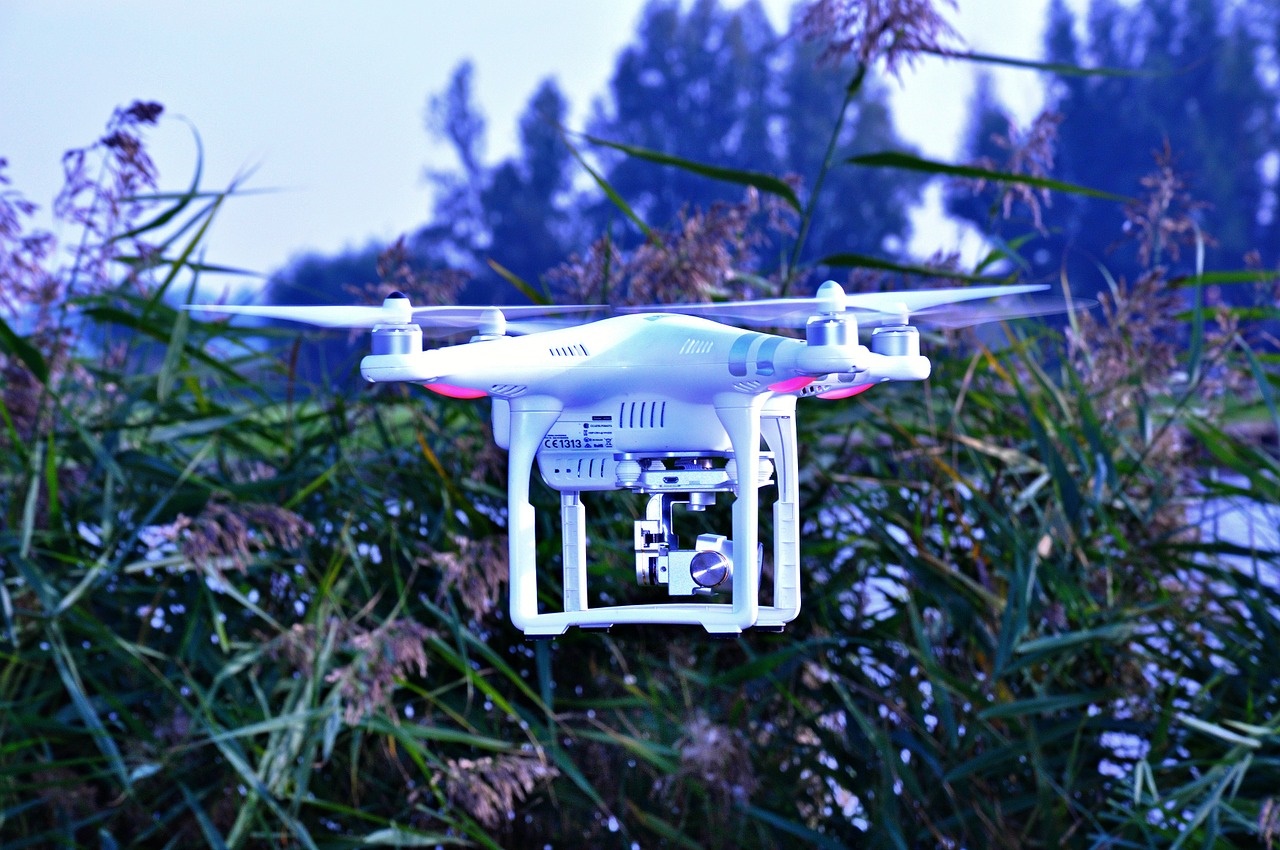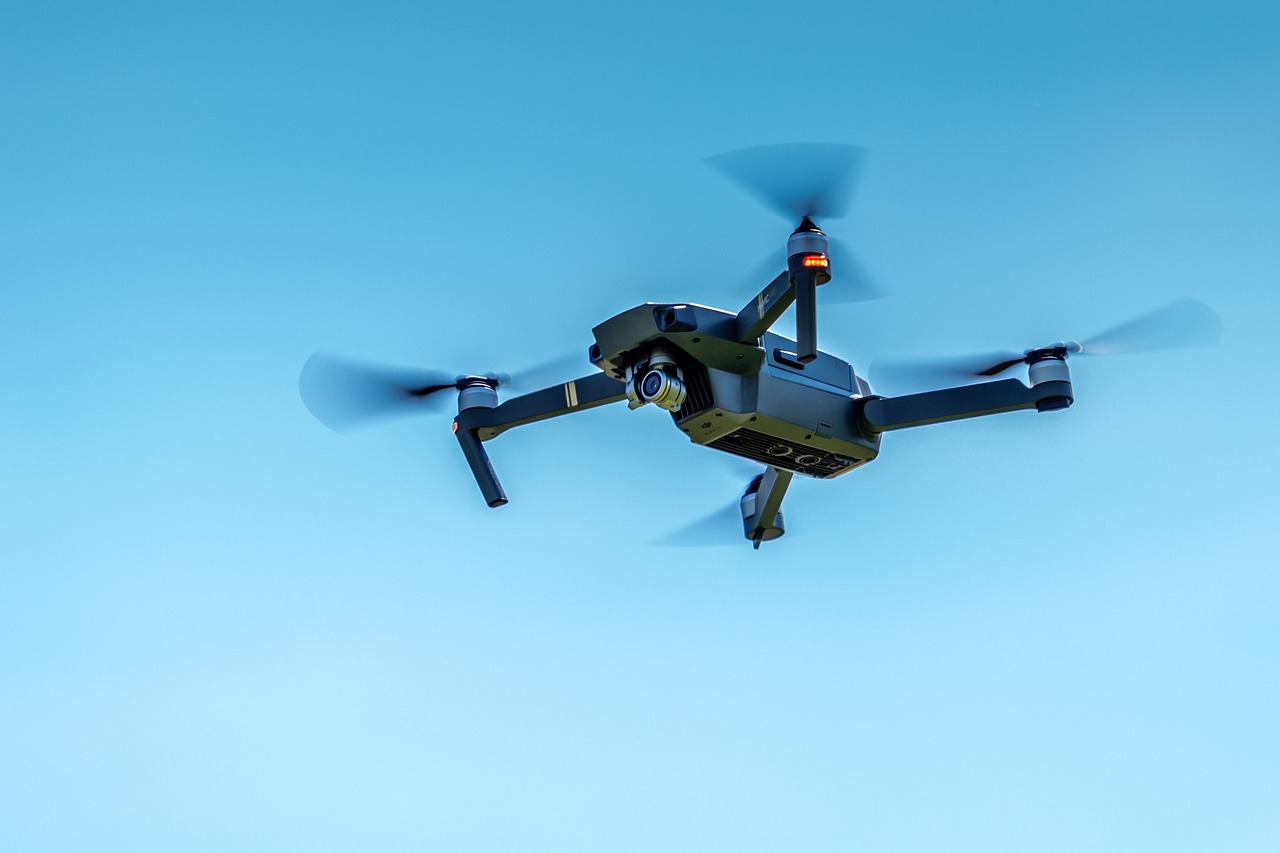This post is also available in:
 עברית (Hebrew)
עברית (Hebrew)
The International Civil Aviation Organization (ICAO) has recently asked the public for feedback on a proposal to track drones in real-time around the world to avoid collisions. The electronic system would identify all drones in use, position and altitude, as well as who owns them.
The real-time information provided by ICAO member states would eventually be used to create a database that may be consulted by authorities in each country, Leslie Cary, head of the ICAO’s unmanned aircraft program, told phys.org. It would also be a first step in harmonizing drone regulations across jurisdictions as the industry rapidly expands. “All of these states are facing the same problems and wish to agree on a common field of play,” said Cary.
In recent years, many countries have expressed concern about the increasing number of incidents involving drones flying too close to airports and creating hazards for commercial air traffic. The ICAO has until now been focused only on military or surveillance drones, but the Montreal-based international organization decided to extend its mandate to civilian drones due to member states growing increasingly worried about the potential dangers posed by unregulated drones. Before setting a timetable for the establishment of such a global monitoring system for drones, civil aviation authorities want to first identify as widely as possible the needs and constraints of its 191 member states. “We’re not proposing solutions, we’re asking questions,” Cary said.
Persons and companies are being asked to submit their ideas to the ICAO by mid-July and the best ones will be evaluated at a conference in Montreal in September. This open consultation, a first for the UN organization, was chosen in order to try to accelerate talks and the eventual adoption of new regulations, because the drone industry is progressing at such a rapid pace that “we cannot wait years before having a regulatory framework,” Cary said.

























